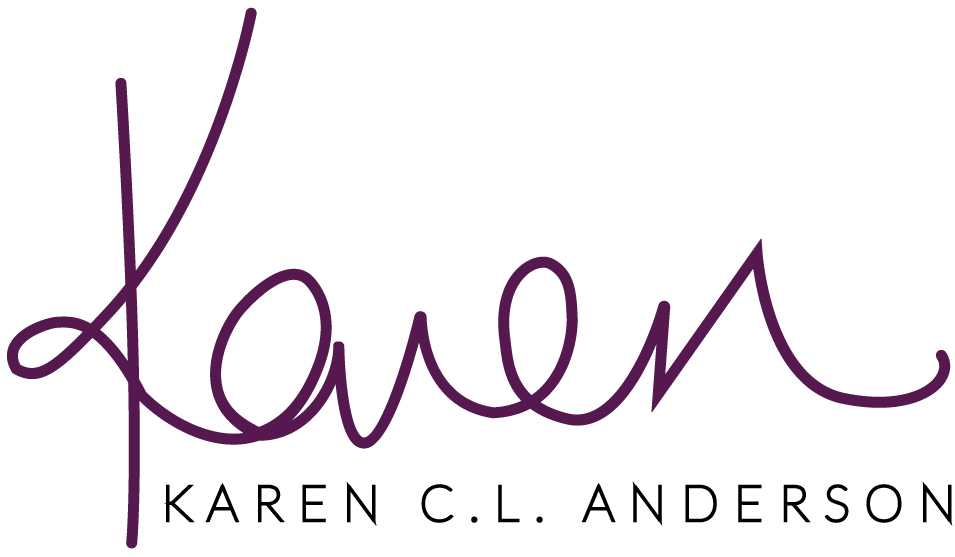When “support” keeps you stuck
I worked with a (physical) pain coach last year.
The quick version of my story is that I have experienced chronic pain since around 2009, which is when I was diagnosed with Lyme disease. As well, I suspect childhood trauma, hypervigilance, and a previously unchecked desire to prove something (which took the form of being a badass at the gym) caught up with me, and while I never got an official diagnosis, I am guessing some doctors might say I have fibromyalgia.
Since then I've done all sorts of things to try and rid myself of this pain: chiropractic, massage, acupuncture, Advil, naturopathic care, alopathic care, exercise, stretching, yoga...all with this idea that I needed to be pain-free because I had a shame-based belief that if I am in pain, it means there's something wrong me...a character flaw or defect. Guess where that one came from!
But it wasn't until I started thinking differently about pain – and my relationship to it – that I experienced it differently. And felt a lot better in a relatively short amount of time.
Do I still experience physical pain? Yes. And I have trained my brain to be a more reliable narrator, while at the same time tending to my nervous system to send cues of safety.
And when I read this article – When Chronic Pain Becomes Who You Are – it occurred to me that emotional pain and physical pain have a lot in common. What the author, Isobell Whitcomb, describes mirrors my experience working with a pain coach.
It also points to a phenomenon that I have written about several times, including in Difficult Mothers, Adult Daughters, about the role support groups can have in keeping us stuck:
"While identifying and understanding our mothers' issues is helpful in being able to provide context for pathology, it doesn't always give us a path forward. It can actually limit our growth and potential.
It can be a relief to have an explanation, but it can also validate us in feeling angry, sad, bitter, disappointed, and reactive. It felt good – exhilarating even – to tell negative stories about my mother in the various online 'support' groups I discovered, and to read other women’s similar stories.
And? Those groups seemingly supported me in staying a lesser version of my self and sometimes even seemed invested in me staying that way."
This is one reason I don't run support groups.
Thoughts we have about ourselves over and over again become our identity.
And our identity informs how we engage (or not) with our physical pain and our emotional pain.
This isn't an invitation to blame ourselves; it's an acknowledgment of the human need to make meaning and create narrative, and the human brain's negativity bias.
From the article:
"The connection between identity and pain extends beyond how we see ourselves; it’s also enforced by our social networks. This can mean that something as simple as joining a support group might be counterproductive.
Forging an identity around one’s pain is a natural response to an isolating and often invisible experience. Internally, it is a way to make sense of what is happening in one’s body; externally, a way to push back on the stigma of the condition, to ask for (and receive) accommodations and help."
Whew.
I have done both over the course of my life – forged an identity with both physical pain and emotional pain.
Whether it's physical pain or emotional pain (or both), those of us who find ourselves in this position will sometimes fight to remain there because we know what we experienced and what we may continue to experience, we've not been believed by others ("it's all in your head"), or if it's acknowledged at all, we're told to just get over it, stop complaining, and count our blessings.
This is because we live in a paradigm of either/or.
We're either suffering victims or we're stoic heroes.
What if there are other ways of seeing ourselves and what we experience? What if there are other ways of relating to pain?
Thanks to neuroscience, advances in the understanding of trauma and the nervous system, and coaching there are: it's not all in your head, you're not imagining it, AND sometimes your brain isn't helpful. Sometimes your brain is an unreliable narrator.
"For many people like me, it turned out, moving away from pain as an identity isn’t the result of recovery—it’s actually the treatment." ~ Isobel Whitcomb
This is why intentional identity work is vitally important and why it's one of the three core skills I teach my clients. It's about moving away from the pain you experience in relationship to your mother. Because it's about your identity – who you think you are now, and who you want to be, not only in the relationship you have with your mother, but in other areas of your life, as well.
Your Intentional Identity is also the foundation from which you establish and maintain healthy boundaries.
Intentional Identity work is a living, breathing, flexible, JOYFUL practice.
I've been cultivating my own Intentional Identity for five years now and doing so has been the difference between raging adolescent/hurt child and grown-ass woman when I'm dealing with my mother.
It's also been the difference between losing physical strength and lacking confidence to do certain things because I was afraid of the pain I sometimes feel in my body, to being able to work out, go hiking, feel less pain, and love my body.
It's how I create and re-create my identity and how remember who I am.
And it is the foundation of the work I do with my clients in The Mother Lode.
Much, much love,
Karen
